

Tao Te Ching
Tao Te Ching
Chapter 8Like Water
Chapter 8
True goodness is like water
Bringing benefit and giving life to the 10,000 things.
It doesn’t compete but like the Tao
Immediately flows to the lowest place.
Everyone else always wants to be first
But the wise only want to be last,
To live on solid ground,
To think deeply,
To be gentle and kind,
To speak with honesty,
To govern with peace and order,
To work with skill,
To act at only the best time.
Commentary
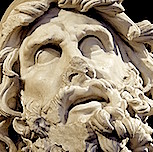
“Ah how shameless – the way these mortals blame the gods.”
Comments: Click to comment

“The highest form of goodness is like water... In making a move, know how to choose he right moment.”
Comments: Click to comment

“Victory breeds hatred. The defeated live in pain. Happily the peaceful live giving up victory and defeat.”
Comments: Click to comment
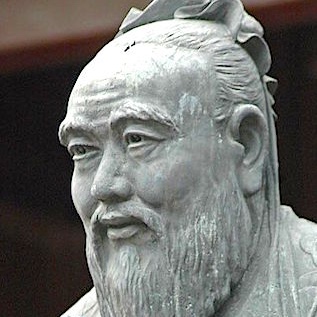
“As the water shapes itself to the vessel that contains it, so a wise man adapts himself to circumstances.”
Comments: Click to comment

“the form of the military is like water. Water in its movement avoids the high and hastens to the low. The military in its victory avoids the solid and strikes the empty. The water determines its movement in accordance with the earth. The military determines victory in accordance with the enemy.”
Comments: Click to comment

“Water – If a drowning man drinks it, he dies. If a thirsty man drinks it, he lives.”
Comments: Click to comment
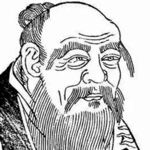
“The best people are like water… empty, clear, and deep…Water can take any shape, and it is never out of touch”
Comments: Click to comment

“Small-minded people blame others. Average people blame themselves. The wise see all blame as foolishness.”
Comments: Click to comment

“All victories breed hate, and that over your superior is foolish or fatal. Preeminence is always detested”
Comments: Click to comment
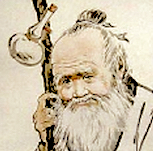
“Those whose main concern is food and clothing are untrustworthy in an impasse… complaining against heaven and blaming people.”
Comments: Click to comment

“When the stars threw down their spears,
And water'd heaven with their tears”
Comments: Click to comment

“When you have prayed for victory you have prayed for many unmentioned results which follow victory — must follow it, cannot help but follow it.”
Comments: Click to comment

“I hated all competition, and if someone played a game too competitively I turned my back on the game. Thereafter I remained second in the class, and found this considerably more enjoyable.”
Comments: Click to comment
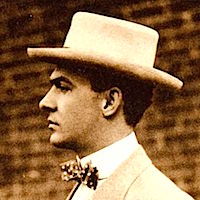
“Man at his best, like water… loves living close to the earth, living clear down in his heart.”
Comments: Click to comment
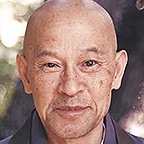
“The moment you meet a teacher, you should leave the teacher, and you should be independent.”
Comments: Click to comment

“The simplicity or singleness of the Way is that of water which always rejoins itself.”
Comments: Click to comment
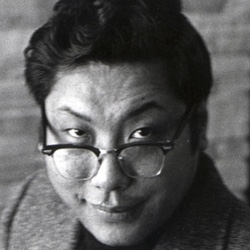
“The more you see that it is very ordinary, the more that becomes an extraordinary case, which creates a further veil.”
Comments: Click to comment
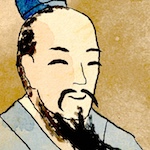
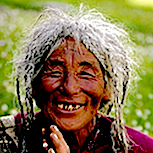


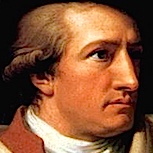
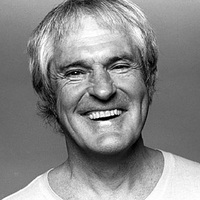
Comments (3)